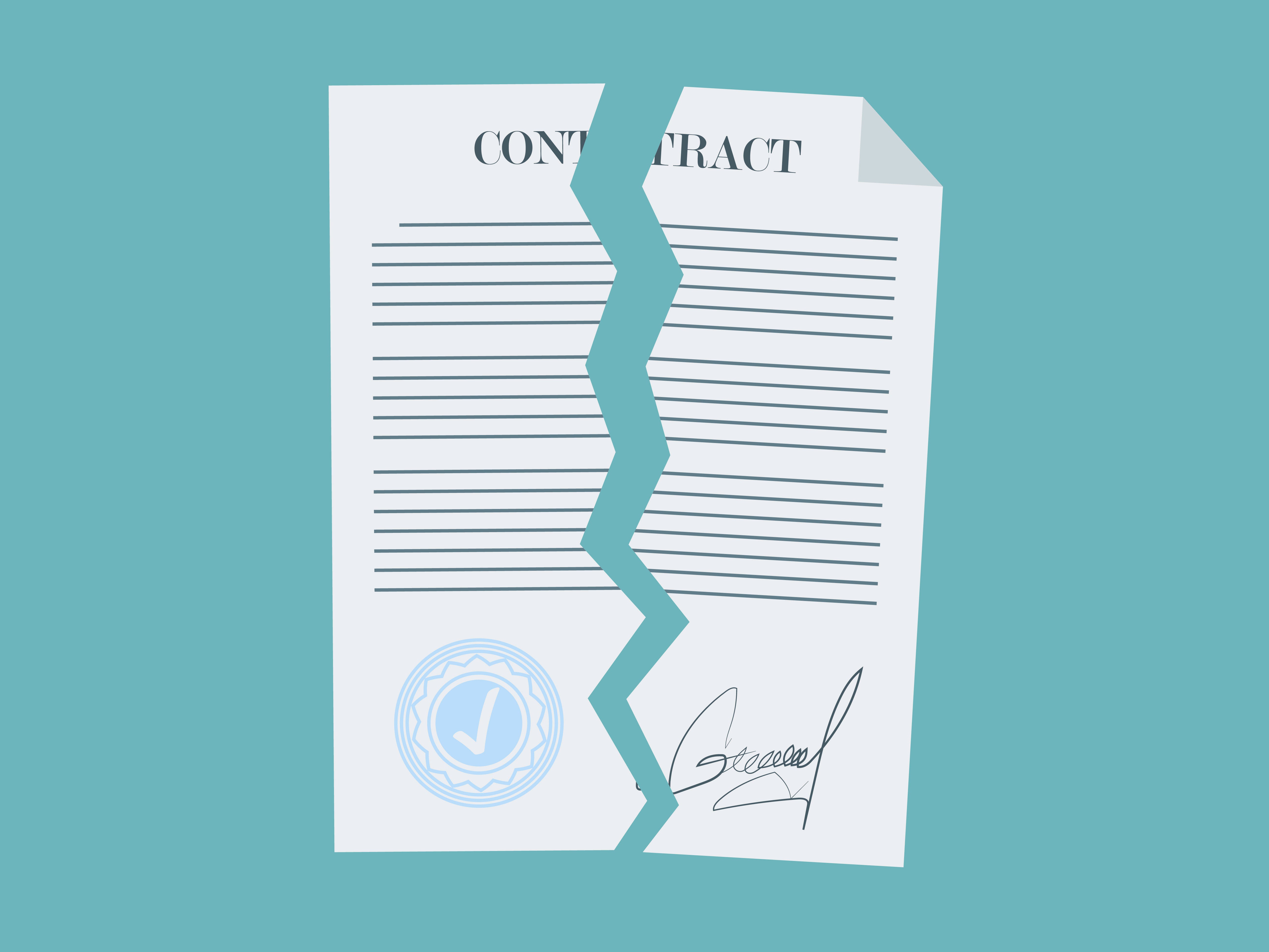17 May 2023
4 min read
Published by:

Parties enter into contracts with the best of intentions to fulfil the contract. However, there are instances when a party becomes incapable or unwilling to perform their contractual obligations. Such conduct may amount to ‘repudiation’ and potentially lead to a contract dispute. Repudiation may attract significant consequences for the parties to a contract and requires careful consideration.
Repudiation of a contract occurs when one party renounces their obligations under a contract. This can be done either expressly or impliedly (by conduct):
If a party repudiates a contract, the other party has the following options:
If a party repudiates a contract, among other things, the non-repudiating party may be entitled to the following remedies:
Below are four key considerations when dealing with repudiation.
1. Assess the situation
The first step is to assess the situation and determine whether there has been a genuine repudiation. This involves considering the following factors:
Among other things, you will need to consider any communications (written or verbal) with the other party, along with their conduct.
2. Consider your options
If you believe there has been a repudiation, it is important to consider your legal position to understand your rights. You will then need to consider your options which may include:
3. Document everything
It is important to document everything that happens in relation to the repudiation, including:
as they may assist as evidence if the matter becomes the subject of court proceedings.
Be cautious in the oral and written statements you make during the process and consider if legal review is required. For example, you may not want to engage in conduct, make a statement or permit something to happen that may waive rights available to you.
4. Be prepared to take legal action
If the other party does not cooperate, you may need to take legal action to protect your rights. This could involve commencing legal proceedings, including seeking urgent injunctive relief to protect your position. You may also consider a claim for loss and damage arising from the repudiation.
Partner Trent Taylor and senior associate Jeanne Vallade regularly assist their clients with contract-related issues such as default, termination and repudiation. They are able to advise on an appropriate strategy based on the available options and tailor their recommendations to the requirements of specific contract matters. If you have any questions regarding your contracts, please contact them below.
Disclaimer
The information in this article is of a general nature and is not intended to address the circumstances of any particular individual or entity. Although we endeavour to provide accurate and timely information, we do not guarantee that the information in this article is accurate at the date it is received or that it will continue to be accurate in the future.
Published by: